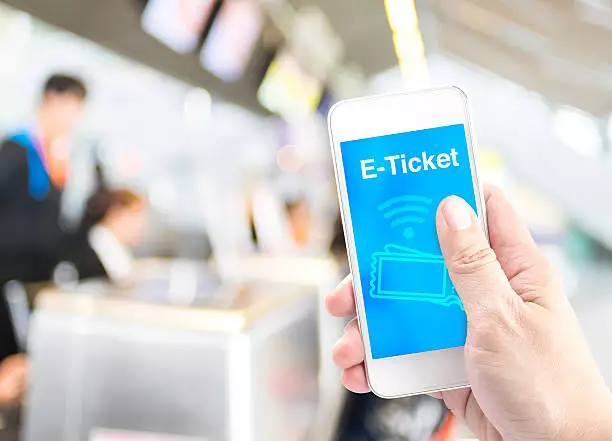
eTicketing Innovations in Travel and Tourism
The advent of technology in travel and tourism has led to the development of electronic ticketing or e-ticketing, a system that eliminates the need for physical tickets. E-ticketing, which began in the airline industry, has now spread to other travel sectors, including buses, trains, and even tourist attractions.
E-ticketing brings convenience to travelers, reduces costs for operators, and is more environmentally friendly than traditional ticketing methods. It also allows for easy booking changes, real-time updates, and integration with other digital services, making travel more streamlined and enjoyable.
Innovations in E-ticketing E-ticketing in Travel
One of the most significant e-ticketing innovations is mobile ticketing. Most airlines, railway operators, and bus companies now offer mobile tickets that can be stored on smartphones. These mobile tickets often include QR codes or barcodes that can be scanned at the terminal or gate.
For instance, airlines like American Airlines and Delta have integrated mobile ticketing into their apps, providing real-time flight updates, seat selection options, and airport maps alongside the e-ticket. Similarly, platforms like Eventbrite offer mobile tickets for events and attractions, making ticket management easier for both operators and visitors.
The Role of Blockchain in E-ticketing
Blockchain technology is another innovation poised to revolutionize e-ticketing. By creating a decentralized and secure record of transactions, blockchain can eliminate ticket fraud and scalping, ensuring that tickets are authentic and can’t be duplicated or resold without authorization.
Companies like GUTS Tickets are already using blockchain to issue secure, non-transferable e-tickets. This technology could soon become widespread in the travel and tourism industry, making e-ticketing even more secure and reliable.
The Future of E-ticketing in Travel and Tourism
As technology continues to advance, e-ticketing will become more sophisticated and widespread. We might see innovations like biometric tickets, where biometric data replaces traditional tickets, or AI-powered systems that automatically book and manage tickets based on user preferences.
While privacy and data security concerns need to be addressed, advancements in technology and regulatory frameworks will likely provide solutions, making e-ticketing a standard feature in travel and tourism.









